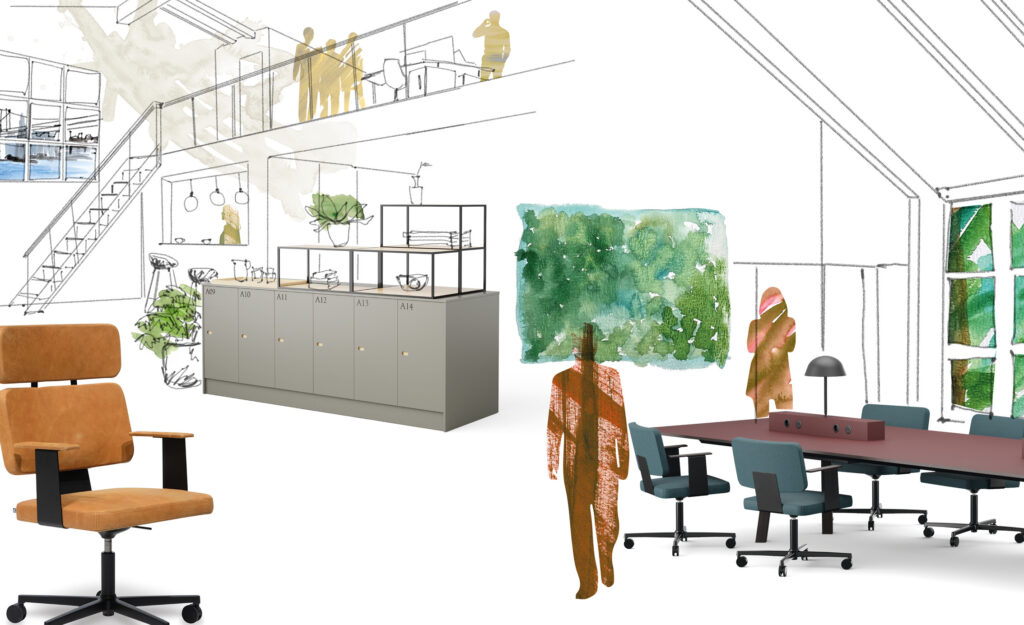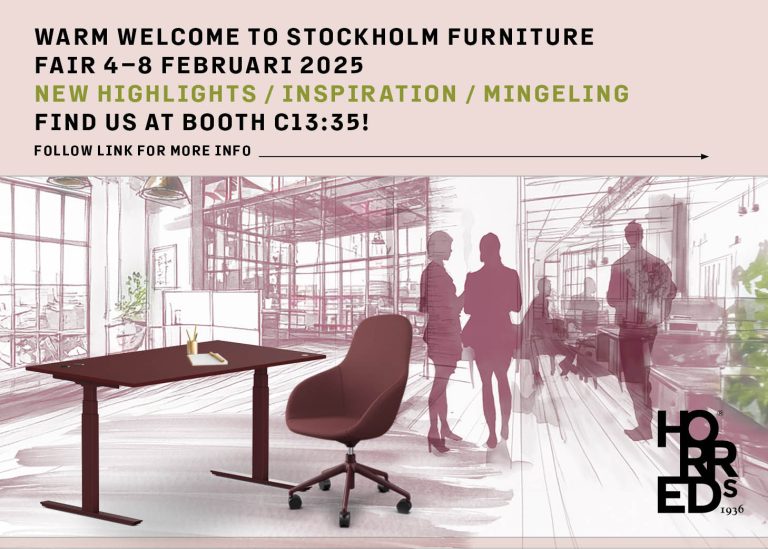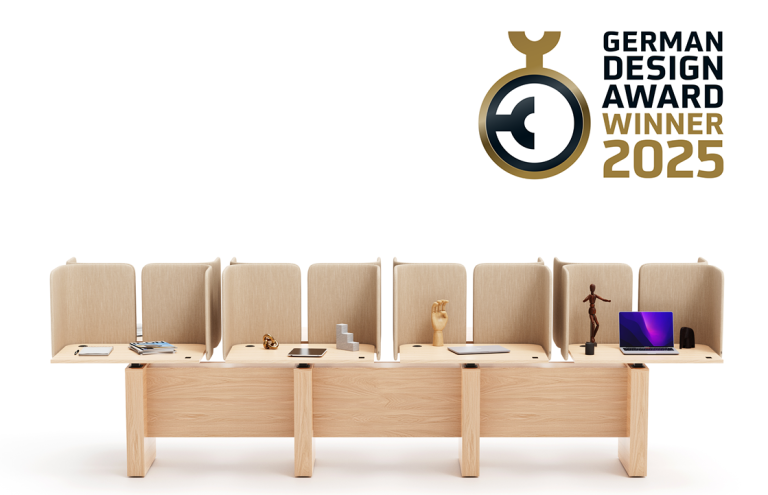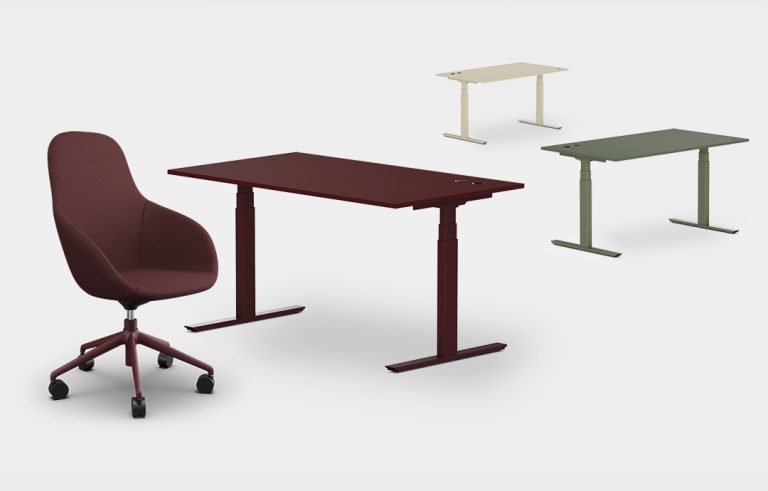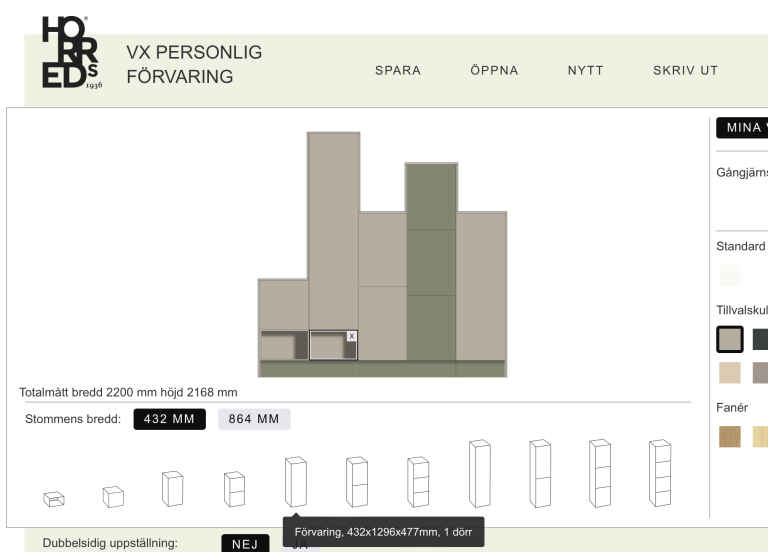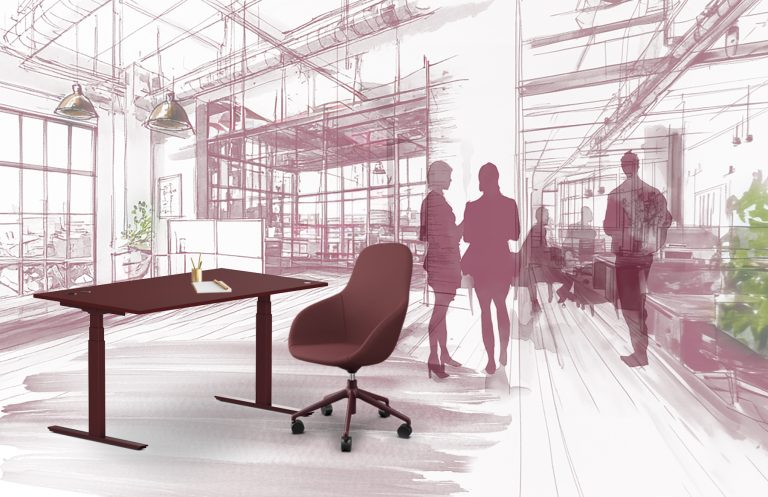After this first period of the pandemic, hybrid work has gone from being a possibility and a trend to being fully implemented in many offices. Good for many people as we can benefit the everyday life puzzle, but it has also had some consequences on health and the feeling of exclusion.
One of the biggest challenges for companies right now is therefore to actively work with inclusion and the well-being of their employees. Dr. Vivek Murthy, said before the pandemic that hybrid work encourages social disconnection and is the biggest public health crisis we face. The British design collective, Loneliness Labs, produced a survey that shows that three out of five feel isolated in their workplaces. Several years of research has shown that facilitated social activities results in people becoming more productive and feel better at work. Leaders need to identify and support colleagues at all levels to support stronger mental health and inclusion.
The office needs to be more of a social anchor because the need for in-person meetings increases as new working habits becomes reality. By designing flows with social spaces like larger kitchens, more comfortable seating areas, integrated gyms and mobile workplaces, people’s interactions are encouraged. Personnel become less sedentary and less dependent on 9–5 hours. Smaller pop-ups for meetings and work are set up with plug-and-play connectivity to get up and running quickly. Dedicated distraction-free focus areas combined with rooms and spaces for collaboration with interactive whiteboards and writable walls to engage those who are participating remotely. Tactile materials and enveloping interior architecture gives individuals a sense of security.
Starting meetings a little bit earlier for small talk, inclusive activities and workshops are examples of nudging and help on the way. Structures that provide value and support community work. Corporate cultures are rebuilt with values that include empathy, collectivity and belonging. Mötley Crüe bassist Nikki Sixx gathered his band after a major crisis and said “You’re the only family I’ve ever had, I’m home with you”. Maybe talking about family is taking it a bit far, as it may have different meaning depending on who you are talking to, but the the fact remainst that sense of belonging is hugely important.
Our philosophy, at Horreds, is that design supports both health and inclusion. It is a powerful tool to facilitate various functions like social activity or privacy. With our spacious co-working tables and comfortable office chairs, a workplace can easily be transformed from an individual workspace into a collaboration. As an example our Mute piece is more like an enveloping concentration surface individually or for a small group. The balance between work and recovery is regulated with comfortable sofas. We are happy to tell you more and you can find all of Horred’s furniture at www.horreds.se
Per-Ola Johansson, CEO
Sources: Forbes, Harward Business Review och Frame

